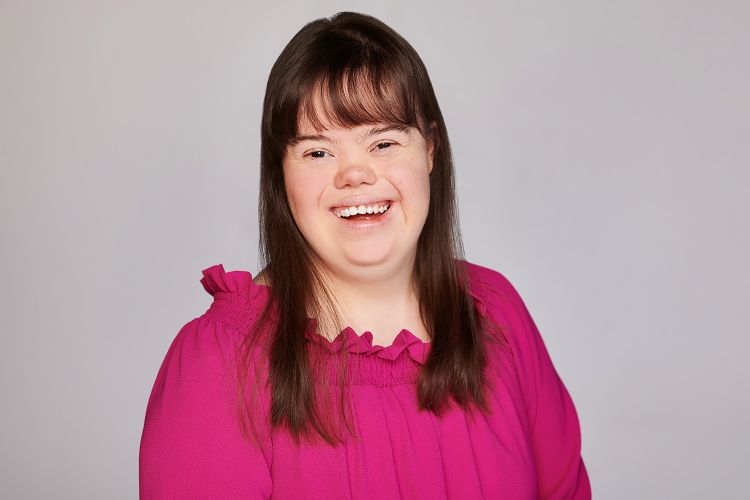A New Campaign for Transplant Equity
Inspired by Charlotte Woodward’s inspiring journey
In June 2012, at just 22 years old, Charlotte Woodward—a young woman born with Down syndrome—received a donor heart after enduring four open-heart surgeries by age 10. Thirteen years later, she is thriving: dancing, learning guitar, earning a magna cum laude degree in sociology from George Mason University, and working as an advocate at the National Down Syndrome Society (NDSS) thearc.org+4people.com+4ndss.org+4.
The Unspoken Barrier
Despite Charlotte’s success, systemic biases linger in the organ transplant system. Studies show that over 40% of pediatric transplant centers regard intellectual disabilities as a red flag ndss.org+3people.com+3en.wikipedia.org+3. Among adults with intellectual and developmental disabilities, the odds of receiving a kidney transplant are less than half that of individuals without such disabilities people.com+1thearc.org+1. These alarming statistics rest on assumptions—like lower quality of life or fears around post-operative care—not evidence.
Charlotte’s experience was not the norm. Among countless stories left unheard, one poignant example stands out: a Florida mother shared how her son Zion was turned away for a transplant simply because doctors had “never done a successful heart transplant on someone with Down syndrome” nacdd.org+8ndss.org+8cammack.house.gov+8.
From Personal Triumph to Legislative Change
Motivated by her own experience—and empathy for others—Charlotte spearheaded a movement in Virginia. In 2020, lawmakers passed legislation banning transplant denial based solely on disability nacdd.org+1thearc.org+1. But she didn’t stop there. A new federal bill has since been introduced: the Charlotte Woodward Organ Transplant Discrimination Prevention Act, symbolically named in her honor.
This legislation, which has passed a House committee and awaits further vote, seeks to:
- explicitly prohibit denial of transplants based solely on mental or physical disability,
- ensure expedited judicial review when someone is denied due to disability aol.com+7people.com+7ilr.law.uiowa.edu+7.
Charlotte emphasizes that these denials often stem not from malice but from ignorance and fear. She urges: “People with Down syndrome are just that: people. They have strengths and challenges like everyone else. They shouldn’t have to prove their worth in order to get a transplant.” aol.com+8people.com+8en.wikipedia.org+8
Your Role in This Movement
Charlotte encourages advocates to call their members of Congress to support her federal bill. She also reminds us that organ donation decisions reflect how much we value each life—compassion should be unconditional.
Why This Matters
Charlotte’s story is a powerful testament to resilience and advocacy. But it’s also a wake-up call: legal protection is necessary not just in Virginia but across the nation. Transplant discrimination isn’t a rare injustice—it’s a systemic problem that affects thousands, and it’s preventable.
By supporting the Charlotte Woodward Act, you can help ensure that every patient—regardless of disability—receives a fair chance at life-saving treatment.
Read the full article here:
https://people.com/down-syndrome-denied-transplants-donor-heart-charlotte-woodward-11753480
